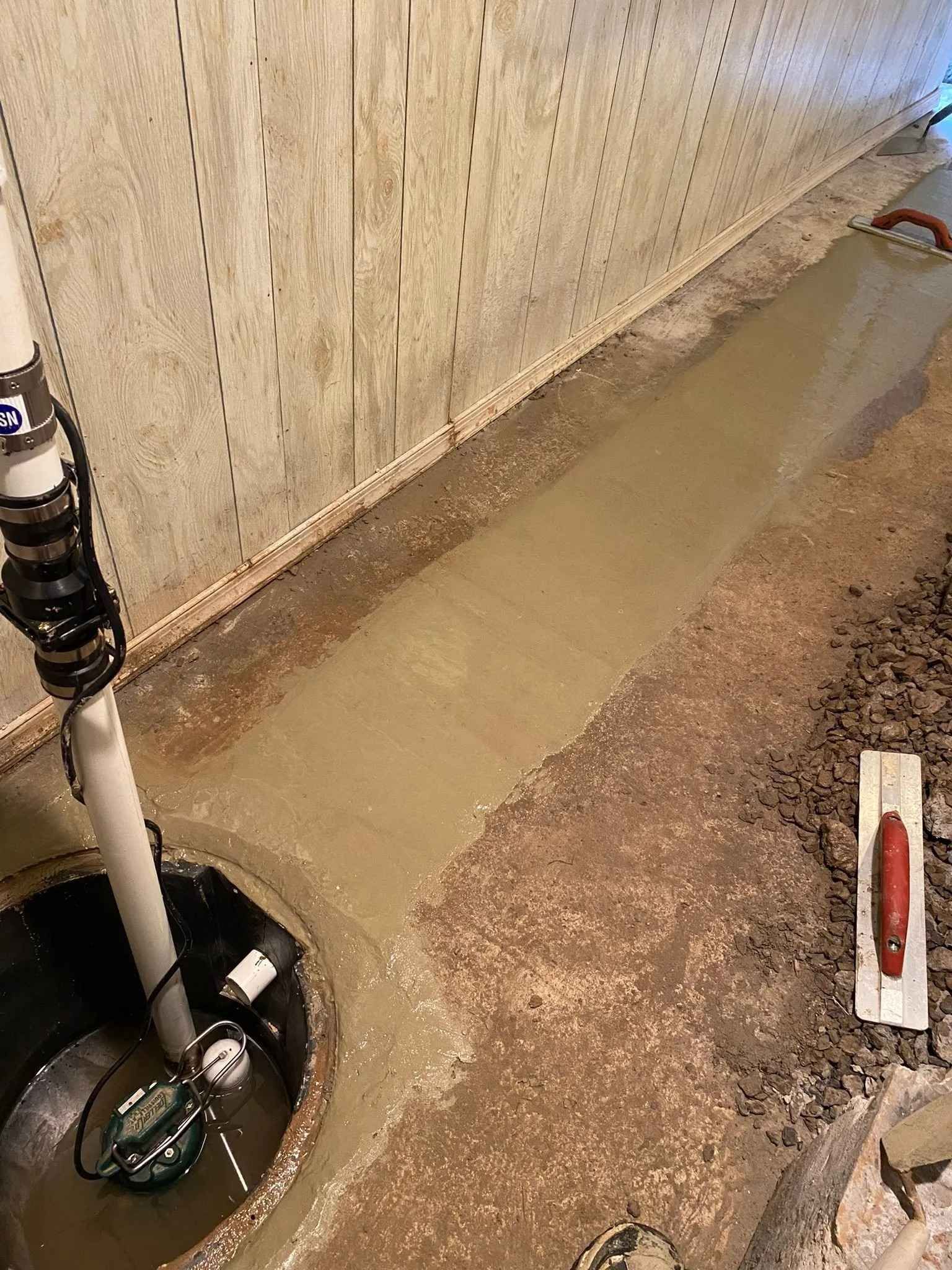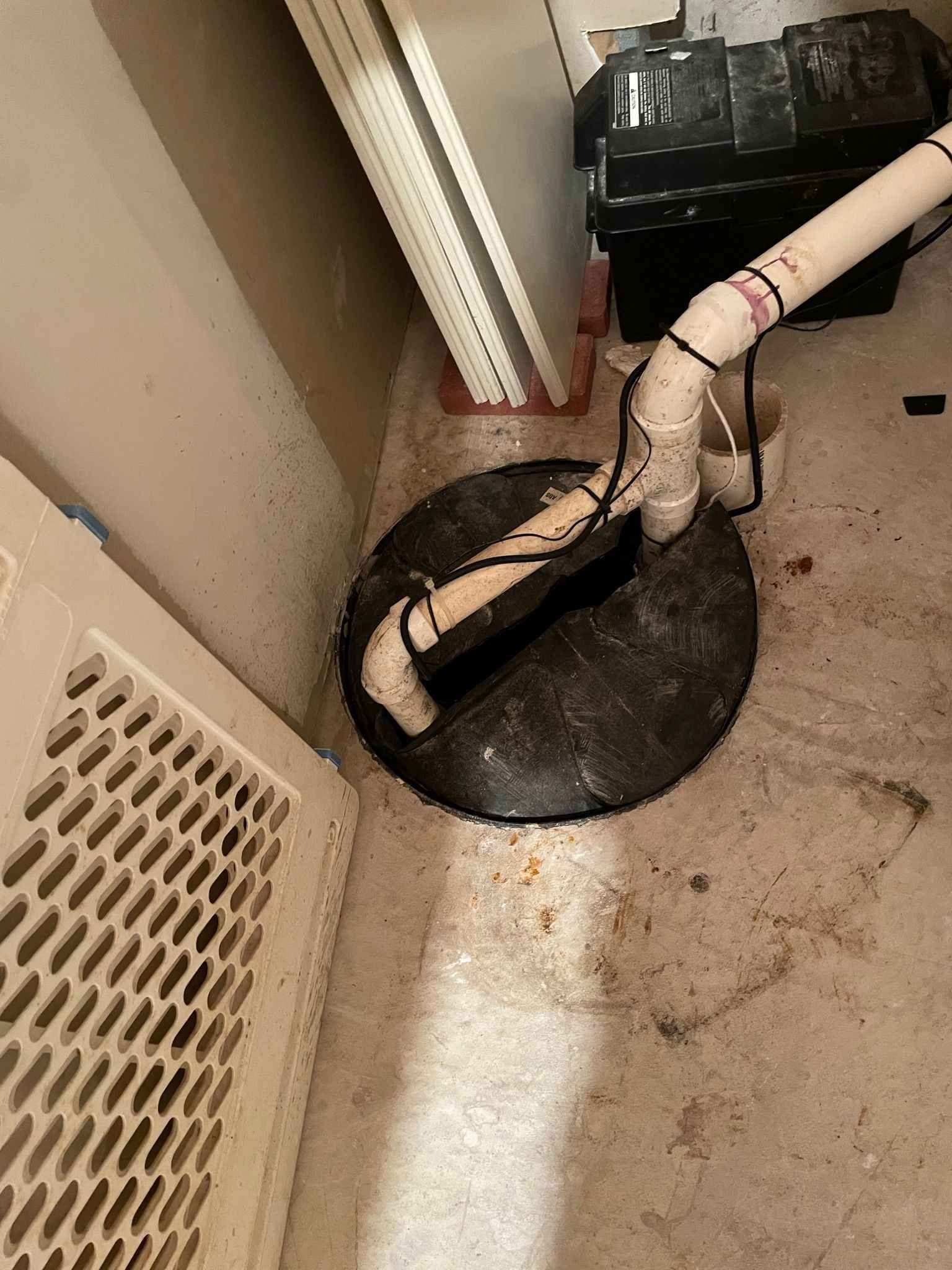How Much Plumbers Make: A Comprehensive Salary Guide
How Much Plumbers Make: Factors Influencing Plumber Salaries

Plumbing is a crucial trade that often goes unnoticed until a problem arises. Yet, the role of plumbers is indispensable in maintaining the health and safety of our homes and businesses. But have you ever wondered how much plumbers make? This article dives deep into the factors that influence plumber salaries, providing insights into this essential profession.
Plumbers are the unsung heroes who ensure our water systems function smoothly. From fixing leaks to installing complex piping systems, their work is vital. But what determines their earnings? In this article, we explore the various factors that affect how much plumbers make, providing a comprehensive overview of the profession's financial landscape.
Education and Certification
One of the primary factors influencing a plumber's salary is their education and certification. Plumbers typically undergo rigorous training, including apprenticeships, vocational courses, and obtaining necessary certifications.
Detailed Explanation:
- Apprenticeships: An apprenticeship can last anywhere from 2 to 5 years, providing hands-on experience under the supervision of experienced plumbers.
- Vocational Training: Many plumbers attend trade schools where they learn the theoretical aspects of plumbing.
- Certifications: Obtaining certifications, such as becoming a licensed journeyman or master plumber, can significantly boost earning potential.
Implications:
Investing in education and certification can lead to higher salaries and better job opportunities. For example, a master plumber can earn considerably more than a journeyman due to their advanced skills and expertise.
Experience and Specialization
Experience is another crucial factor. A plumber with several years of experience will generally command a higher salary than a novice. Additionally, plumbers who specialize in specific areas, such as industrial plumbing or pipefitting, often earn more.
Detailed Explanation:
- Years of Experience: Experienced plumbers are more efficient and can handle complex tasks, which makes them more valuable to employers.
- Specializations: Specializations can include areas like commercial plumbing, residential plumbing, and specific services like gas line installation.
Implications:
Specializing and gaining experience can lead to higher pay and more job security. For instance, a plumber specializing in commercial plumbing might have access to more lucrative contracts and job offers.
Geographic Location
Geographic location plays a significant role in determining plumber salaries. The cost of living and demand for plumbing services vary widely from one region to another.
Detailed Explanation:
- Cost of Living: Plumbers in cities with a high cost of living, like San Francisco or New York, often earn more to compensate for higher living expenses.
- Demand for Services: Areas with high construction activity or frequent plumbing issues tend to offer higher wages.
Implications:
Plumbers in high-demand areas or regions with a high cost of living can expect to earn more. For example, a plumber in California might make significantly more than one in a rural area of the Midwest.
Type of Employer
The type of employer also affects how much plumbers make. Plumbers can work for plumbing companies, construction firms, or as independent contractors.
Detailed Explanation:
- Plumbing Companies: These firms often provide stable employment and benefits, which can influence overall compensation.
- Construction Firms: Plumbers working for construction companies may have opportunities for higher pay during large projects.
- Self-Employment: Independent contractors have the potential to earn more by setting their own rates, though this comes with the challenge of finding clients and managing a business.
Implications:
The choice of employer can impact job stability and earning potential. For instance, an independent contractor might earn more per job but face periods of no work.
Economic Factors
Economic conditions can influence plumber salaries. During economic downturns, construction and home renovation projects may slow down, affecting demand for plumbing services.
Detailed Explanation:
- Recession Impact: Economic downturns can lead to fewer job opportunities and lower wages.
- Boom Periods: Conversely, during economic booms, there is often increased construction activity, leading to higher demand and wages.
Implications:
Plumbers may need to adapt to economic conditions, seeking opportunities in various sectors to maintain steady income. For example, during a recession, a plumber might focus more on repair work, which is less affected by economic swings.
Technological Advancements
Technological advancements in plumbing can also influence salaries. Plumbers who stay updated with the latest technologies and tools often have a competitive edge.
Detailed Explanation:
- New Tools and Techniques: Advanced tools and techniques can increase efficiency and job quality.
- Continuing Education: Plumbers who engage in continuous learning and adapt to new technologies are often more sought after.
Implications:
Keeping up with technological advancements can lead to better job opportunities and higher pay. For instance, a plumber proficient in the latest diagnostic tools can perform more accurate and faster repairs, making them more valuable.
Conclusion
Understanding how much plumbers make requires considering multiple factors, including education, experience, location, employer type, economic conditions, and technological advancements. Each of these elements plays a crucial role in shaping a plumber's earning potential.
Are you curious about how much plumbers make in your area and the potential career opportunities available? Visit On Point Plumbing to learn more about the profession and explore our services. Whether you're a homeowner needing plumbing services or considering a career in plumbing, we provide the expertise and insights you need to make informed decisions.







